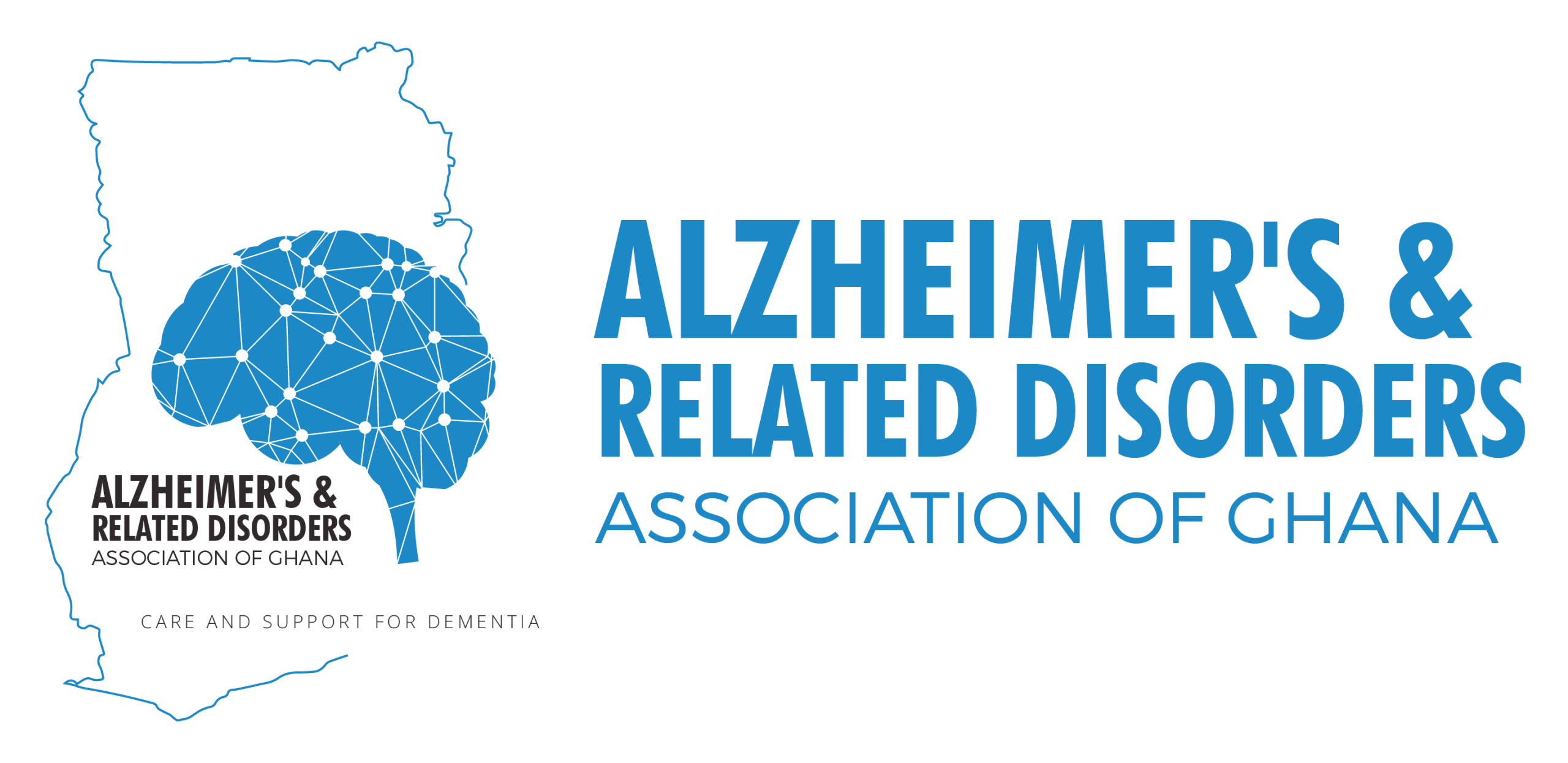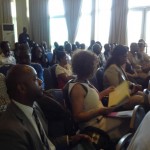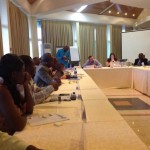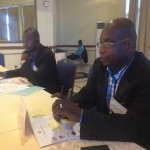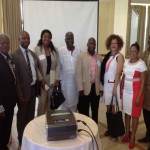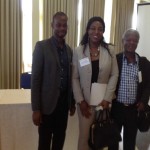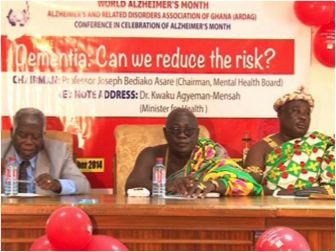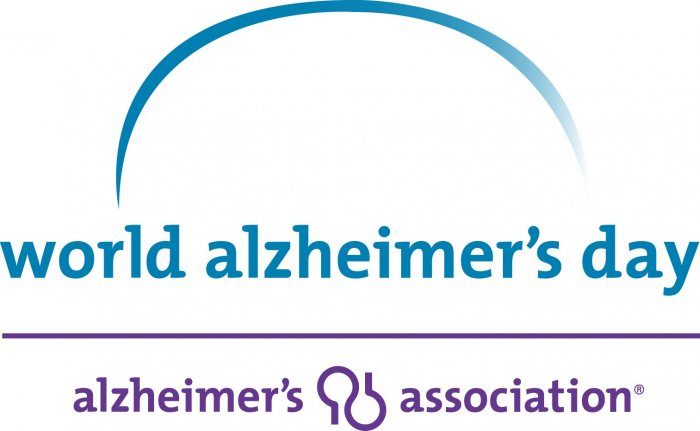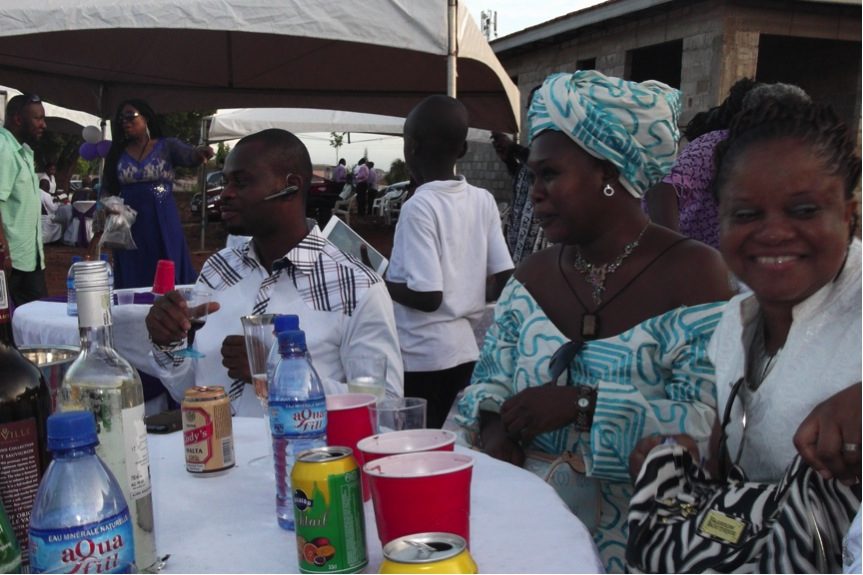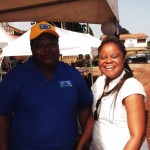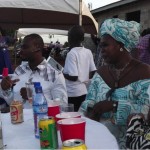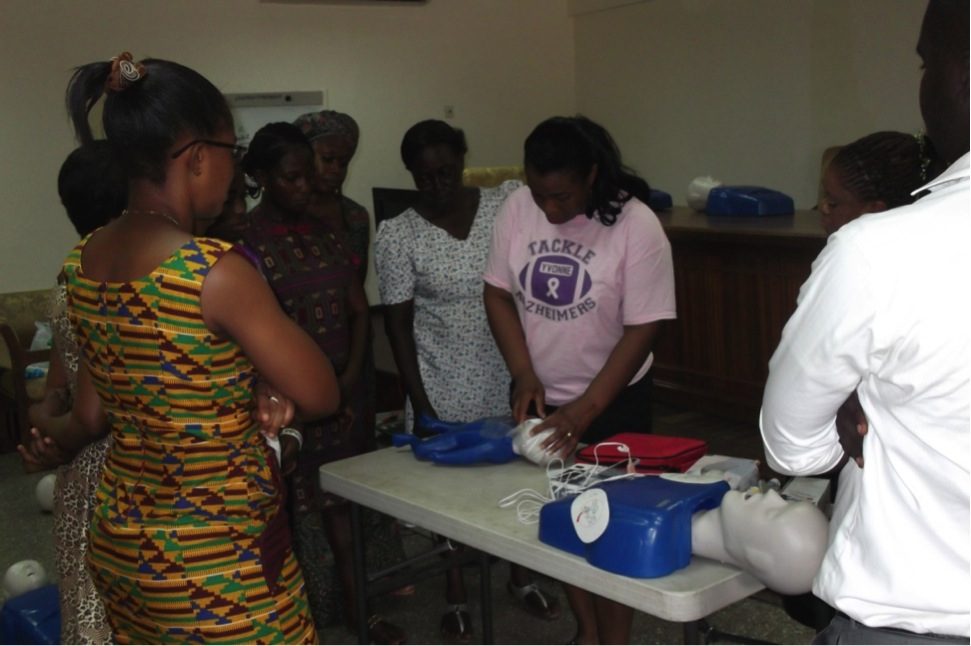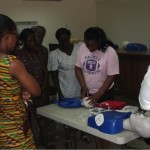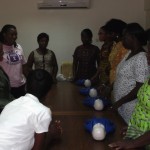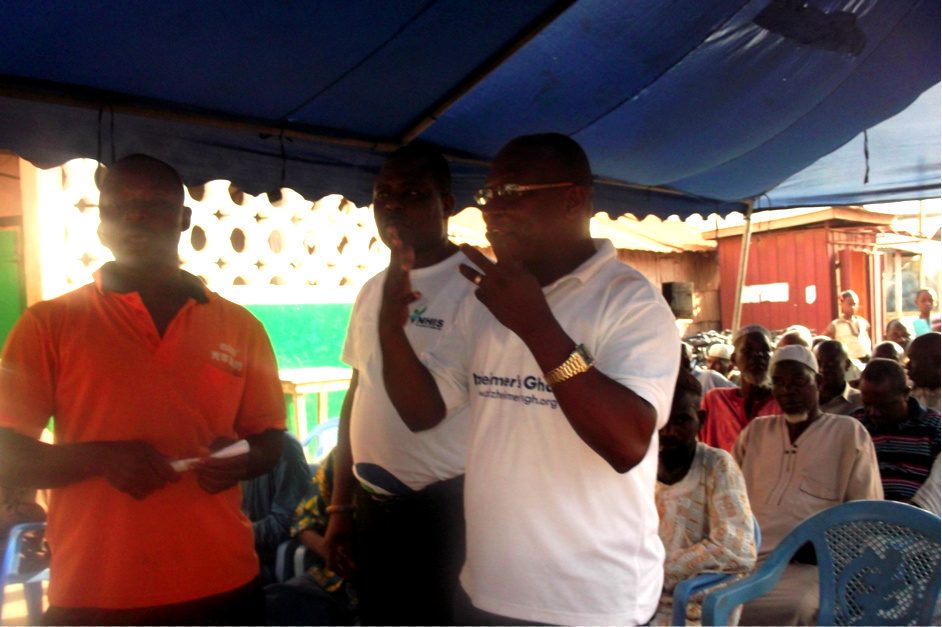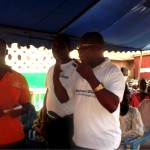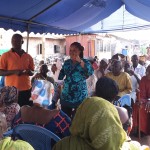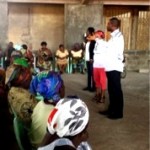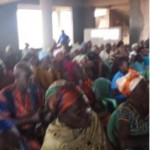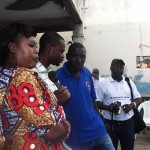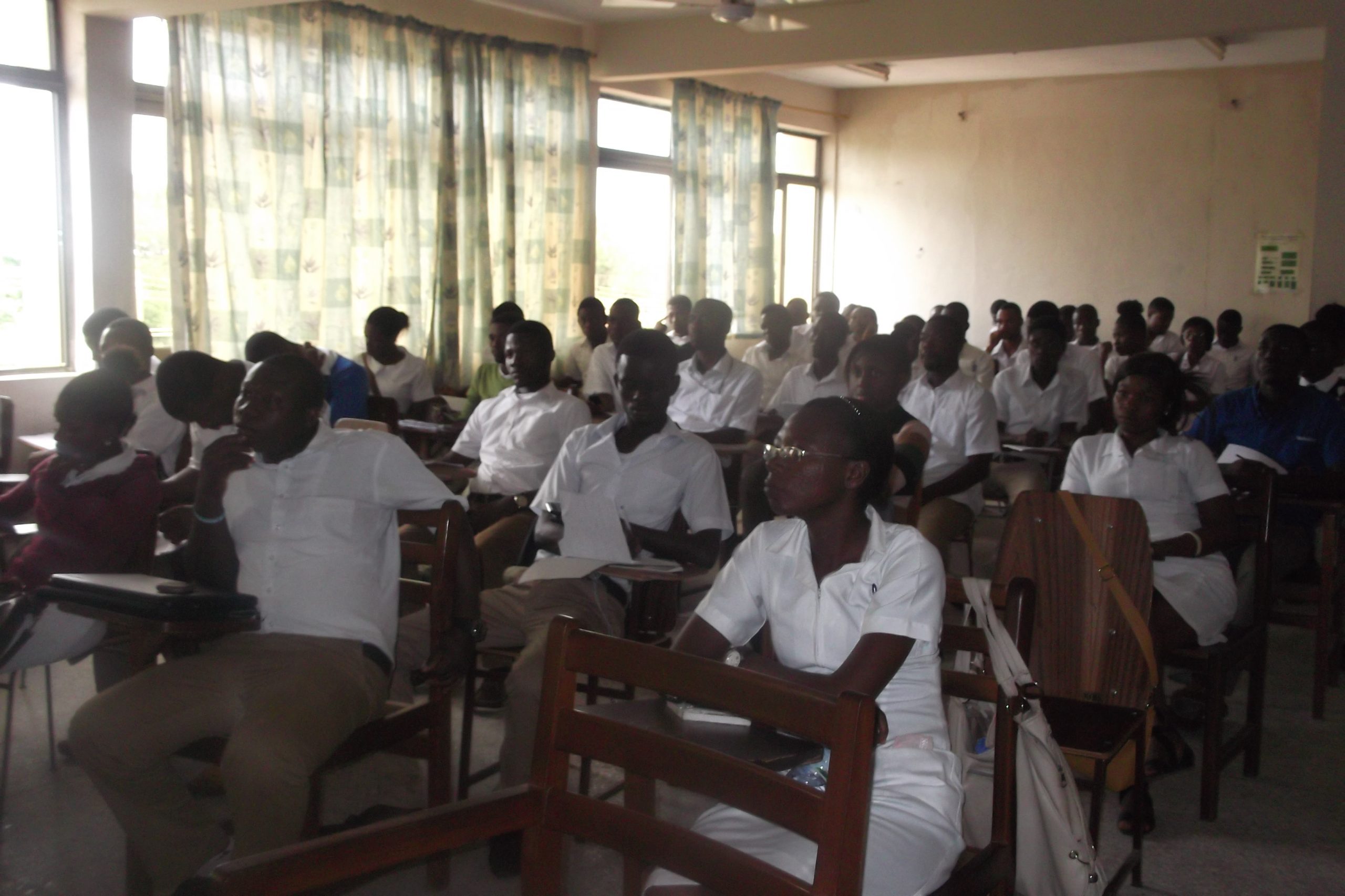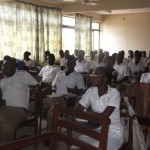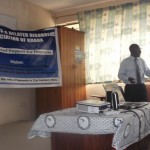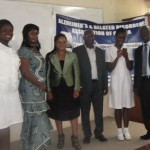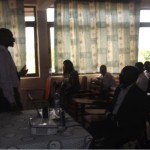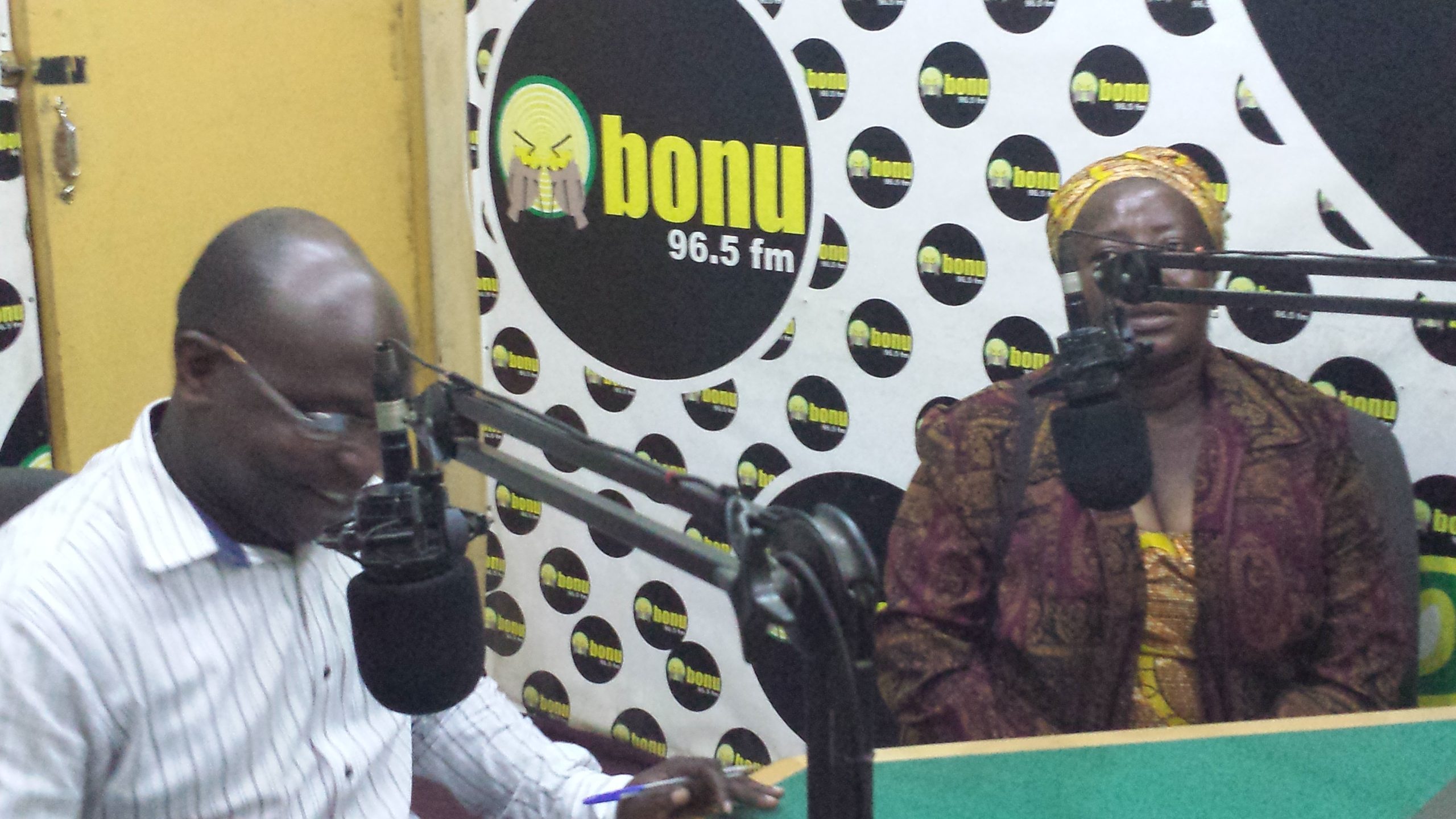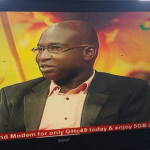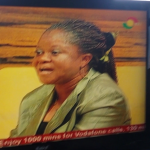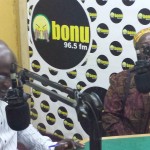Here is a short report on the activities during the just ended World Alzheimer`s Month.On the Tuesday the 2nd of September Alzheimer`s Ghana launched the Months celebration at the Nabita Nursing Training College in Tema.
- Thursday the 4th of September, our team was hosted on Dementia Awareness and Education programme on Hot FM/Radio Station at Accra. The programme lasted for about 20mins and attracted over 15million listeners both in the cities and villages.
- Wednesday the 10th of September, our team also organised Dementia Awareness and Education programme at Citi FM/Radio Station at Accra the and this programme attracted over 20million audience.
- Sunday the 14th of September, our team undertook Dementia Awareness and Education programme and Research Questionnaires at Royal House Chapel at Afienya town in the Ningo Prampram District Assembly. About 100 congregations was educated.
- Tuesday the 16th of September, our team again undertook Dementia Awareness and Education programme and Research Questionnaires at Royal House Chapel at Afienya town in the Ningo Prampram District Assembly.
- Wednesday 17th of September, our team conducted Dementia Awareness and Research Questionnaires at the Morbole Local Community in the Ningo Prampram District of Ghana.
- Friday the 19th of September, our team were at Ashaiman Senior High School for education on Dementia Awareness and Research Questionnaires. Over 200 students between the ages of 16-25yrs at Ashaiman in the Tema Metropolital Assembly participated in the activity.
- Sunday the 21st of September, our team visited Afienya Roman Catholic Church and did a presentation on Dementia and World Alzheimer`s Day. Over 250 people participated.
- Monday the 15th of September, our team did a presentation on Dementia and reducing its Risks at the Rotary Club, Accra. Over 50 people were present.
- Thursday the 25th of September, our team visited the Minister for Health and Nungua Traditional Council to invite the Minister, the chiefs and elders to the conference.
- Tuesday the 30th September between 6am – 7am, our team was hosted by Ghana Television Corporation (GTV) on Breakfast show. We used this occasion to educate the public of over 25million on the topic Dementia: Can we reduce the risk?
-
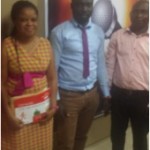
-
Venance, Esther and Philip after the programme
-
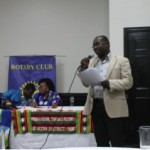
-
Venance presenting at Rotary
-
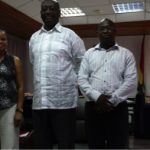
-
Venance and Esther called on the Minister for Health and briefed him on World Alzheimer`s Month.
-
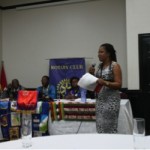
-
Esther Presenting AT Rotary
-

-
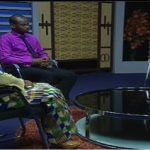
-
Dr Bortey, Esther and the host during the programme.
-

-
Angela and the Host during the programme
Tuesday 30th September between 10:30am – 1:30pm
Alzheimer`s Ghana climaxed the month`s programmes with a Conference involving Government officials, WHO representative, Traditional Leaders, Security personnel from Ghana Armed Forces, Health Professionals from Ministry of Health and Ghana Health Services, Nursing/Medical Students, other NGOs, representatives from various media groups and other stakeholders. Below is the programme line-up.
Theme- Dementia: Can we reduce the risk?
Conference: Tuesday, 30th September 2014 10.30am – 1.30pm
Venue: Christ The King Catholic Church Conference Hall
Aims
- to highlight the plight of people with dementia and their families in Ghana’s ageing population
- to look at how to reduce the risk of dementia in Ghana by involving stakeholders and the general public
- to launch an appeal for support for the organisation and people affected
Chairman: Professor Joseph Bediako Asare, (Chairman, Mental Health Board)
King Odaifio Welentsi III, Chief of Nungua Traditional Area.
Conference Pictures
-
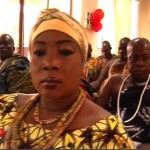
-
Queen Mother of Nungua Traditional Area and other participant
-
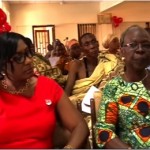
-
A representative of WHO and other participants
-

-
Dr Bortey delivering his Speech
-
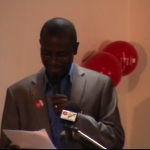
-
Dr George Kyeremeh, Minister`s keynote Address
-

-
Esther Dey delivering her Speech
-
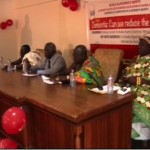
-
From right King Odaifio III, Nene Eyum III, Prof. Asare and Nii Ayikai III
-
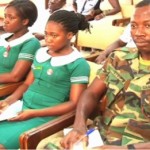
-
Nurses and Military Personnel from 37 Military Hospital, Accra
-
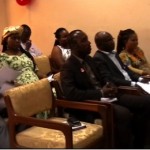
-
Some Volunteers of Alzheimer`s Ghana
-
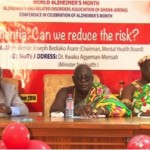
-
The Chair
-
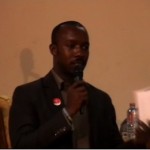
-
Victor Apeanyo Jr coordinating the programme
